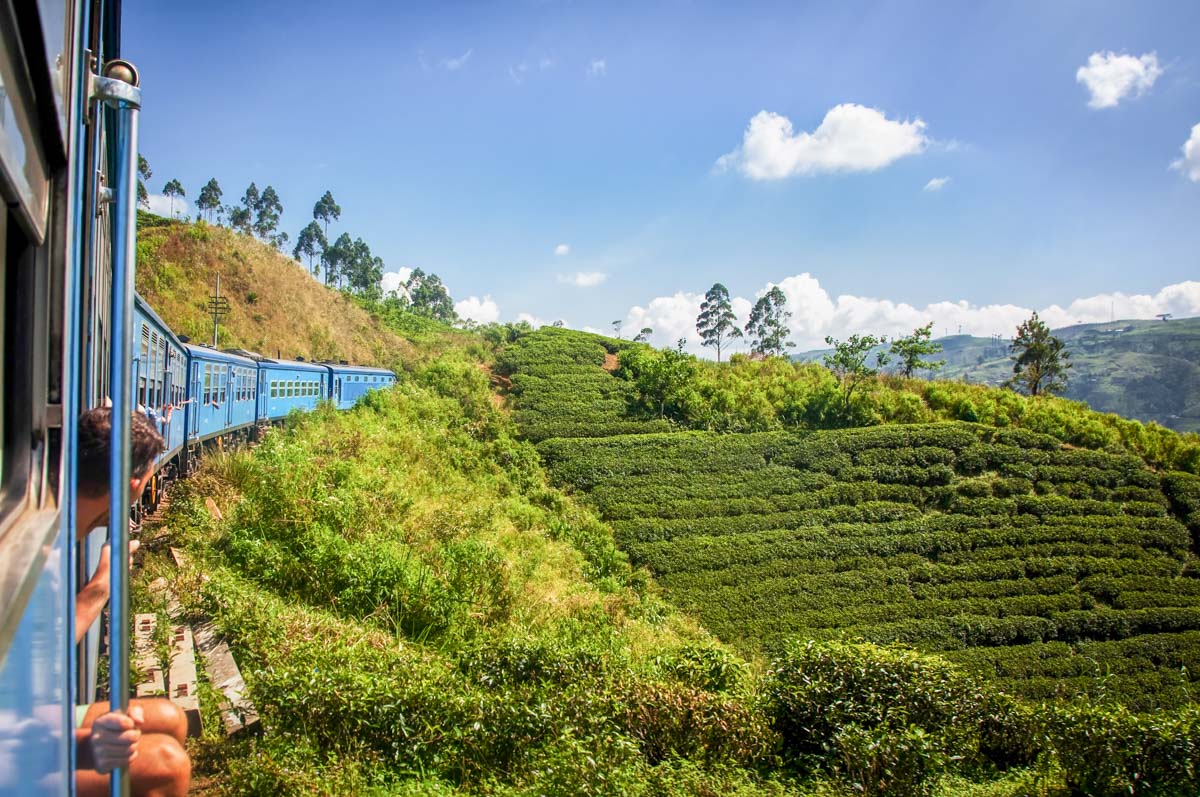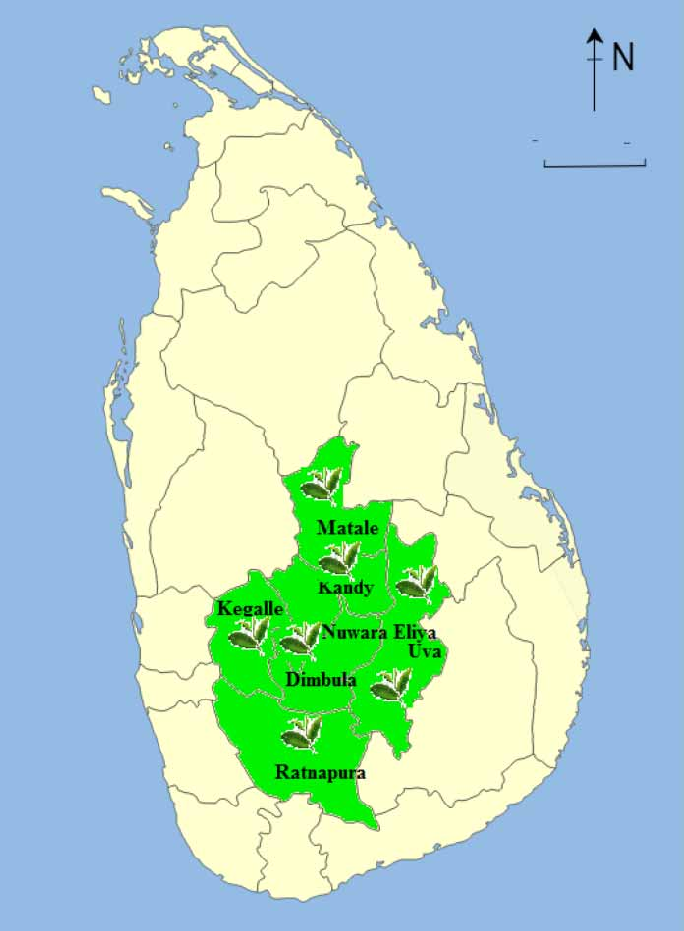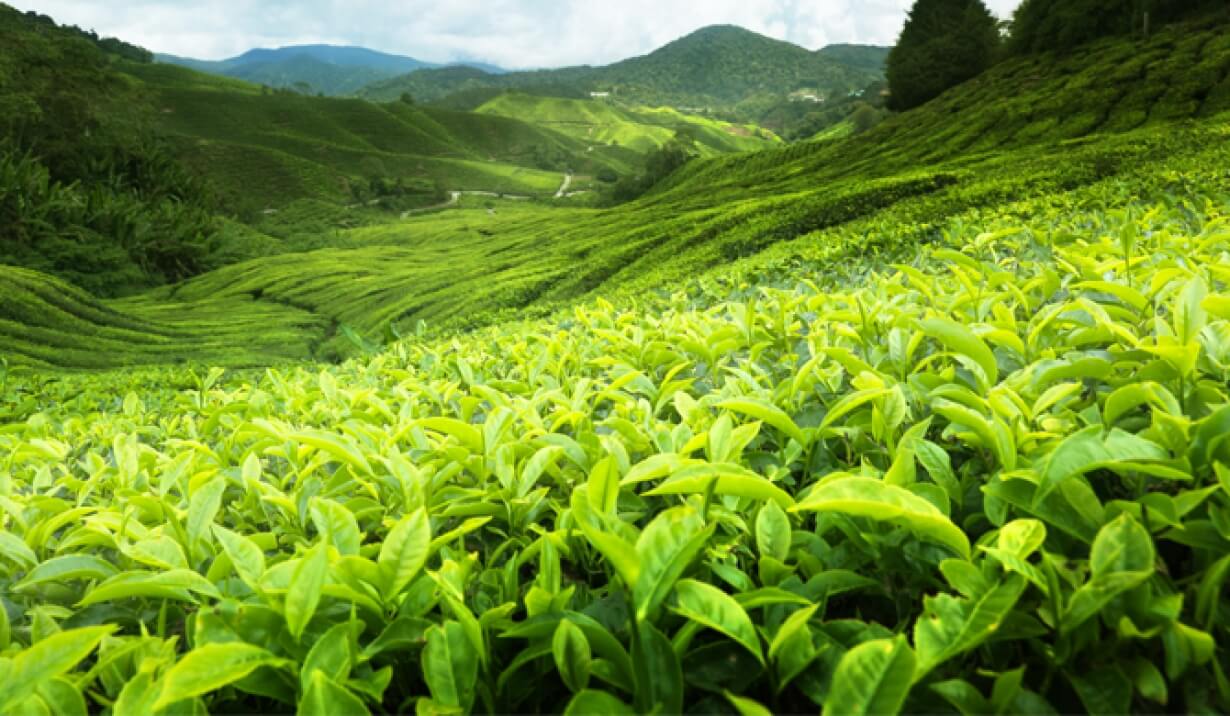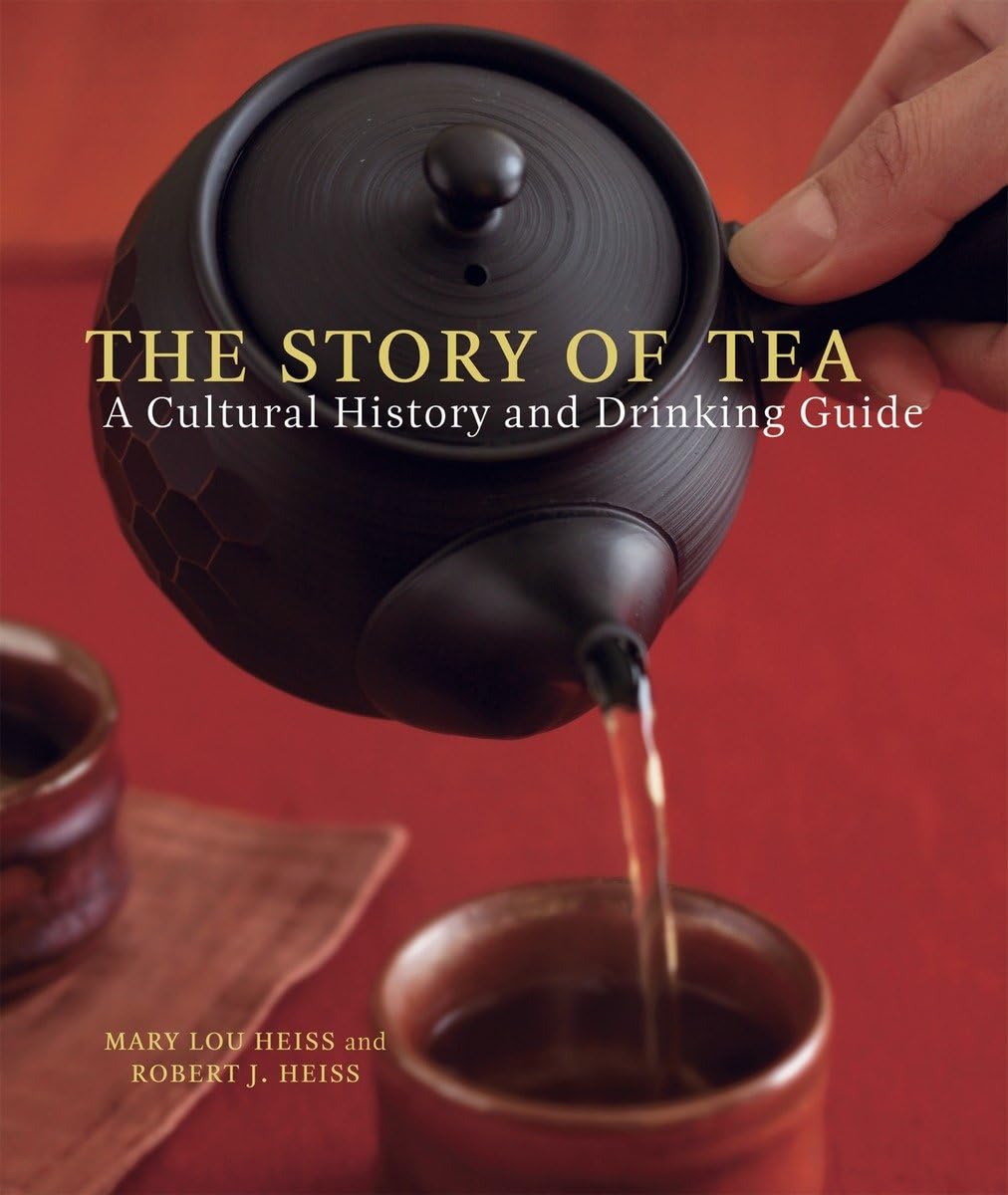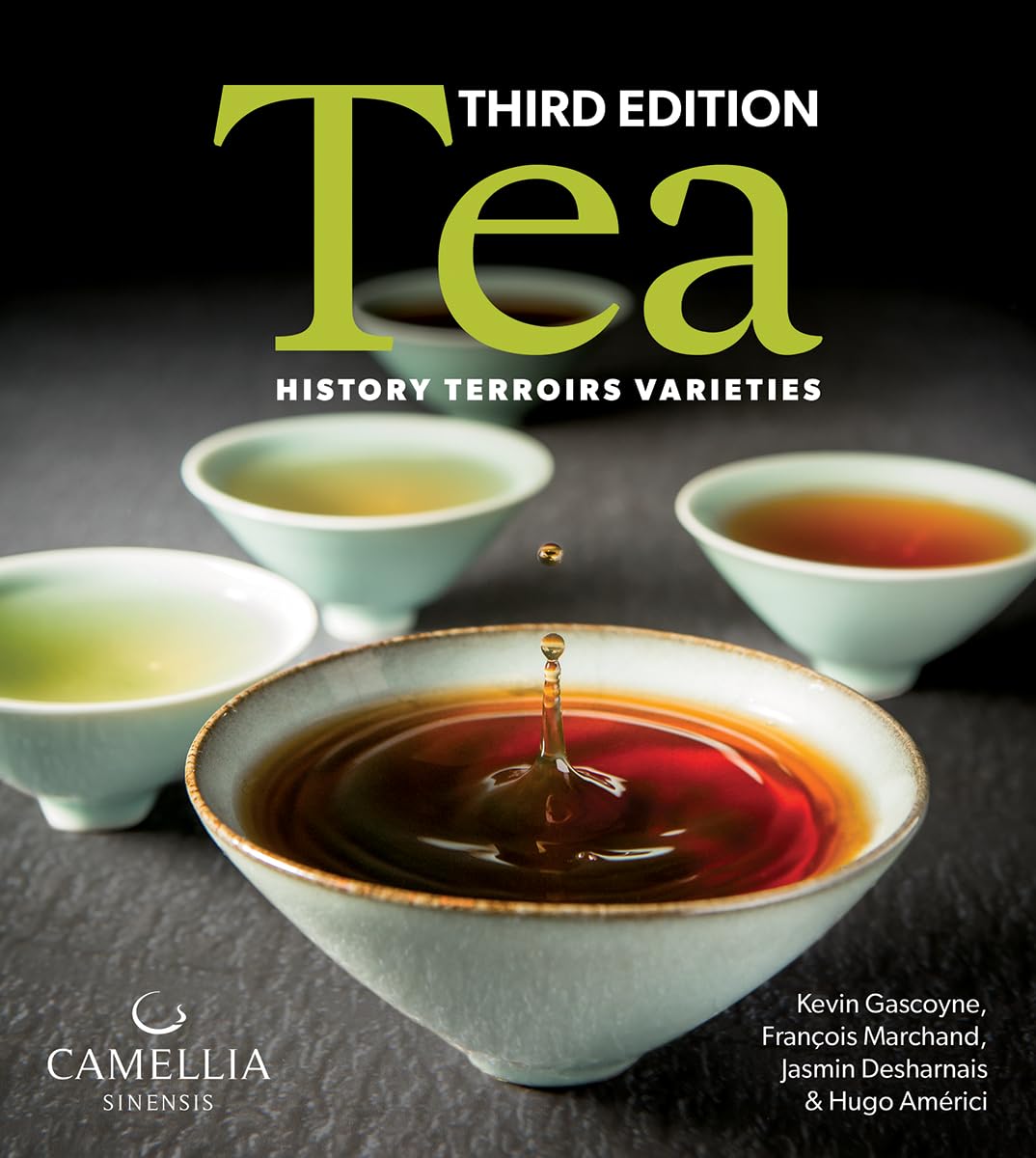High in the central highlands of Sri Lanka lies Nuwara Eliya, a region renowned for its breathtaking landscapes and its exquisite teas. This picturesque area, often referred to as “Little England” due to its colonial charm, has become a haven for tea enthusiasts and travelers alike. Known for producing some of the world’s most delicate and aromatic teas, Nuwara Eliya is a treasure trove waiting to be explored.
Perfect Conditions for Growing Tea
A Unique Altitude and Climate
Perched at an elevation of approximately 1,890 meters (6,200 feet) above sea level, Nuwara Eliya benefits from a cooler, more temperate climate compared to the rest of Sri Lanka. The region experiences frequent misty mornings, ample rainfall, and mild sunshine, which together create ideal growing conditions for tea.
- Altitude’s Influence: The high altitude slows the growth of tea plants, allowing them to develop more nuanced flavors.
- Rain and Mist: These natural factors keep the plants hydrated and shield them from intense sunlight.
- Soil Quality: The rich, fertile soil enhances the tea’s flavor profile, giving Nuwara Eliya teas their distinctive characteristics.
The Taste of Nuwara Eliya Tea
Nuwara Eliya’s teas are prized for their light, floral aroma and bright, refreshing taste. Often described as “the champagne of Ceylon teas,” they are delicate yet complex, making them a favorite among tea connoisseurs worldwide. Whether enjoyed plain or with a touch of honey, these teas offer a sensory experience that is unmatched.
A History Rooted in British Colonial Times
The history of tea in Nuwara Eliya is deeply intertwined with Sri Lanka’s colonial past. In the mid-19th century, British planters began cultivating tea in response to the collapse of the coffee industry, which had been devastated by a fungal disease. Recognizing the potential of the region’s climate and soil, pioneers like James Taylor laid the foundation for what would become one of the world’s most celebrated tea industries.
- Transformation of the Landscape: Rolling hills once covered with jungle were converted into neatly manicured tea plantations.
- Economic Impact: Tea quickly became a cornerstone of Sri Lanka’s economy, providing livelihoods to thousands and fostering the growth of export markets.
Today, Nuwara Eliya remains a hub of tea production, home to iconic tea estates and factories that continue to preserve the traditions of this rich history.
Exploring Nuwara Eliya’s Tea Culture
Visiting the Plantations
For tea enthusiasts, touring the tea plantations of Nuwara Eliya is an unforgettable experience. These estates, often set against a backdrop of lush greenery and mist-shrouded peaks, offer visitors a chance to witness the artistry behind tea production.
- Harvesting: Skilled workers, primarily women, hand-pluck the tender tea leaves with incredible precision to ensure quality.
- Processing: Many estates, such as Pedro Tea Estate and Mackwoods, allow visitors to observe how the leaves are withered, rolled, fermented, dried, and sorted.
Tea Tasting
No trip to Nuwara Eliya would be complete without sampling the teas. The region’s teas are typically served with minimal additives to highlight their natural flavors. Visitors can enjoy tea-tasting sessions that showcase the subtle differences between various grades and types of tea produced in the region.
Beyond Tea: Nuwara Eliya’s Timeless Charm
While tea is Nuwara Eliya’s claim to fame, the region offers much more than its plantations. Its colonial architecture, cool climate, and scenic beauty make it a popular destination for locals and tourists alike.
- Lake Gregory: A serene spot for boating and picnics.
- Hakgala Botanical Garden: Known for its vibrant flora, this garden is a perfect complement to a day of tea exploration.
- Colonial Heritage: Hotels and cottages reminiscent of British architecture add to the area’s unique charm.
Nuwara Eliya’s Role in Sri Lanka’s Global Tea Legacy
Sri Lanka, often referred to by its former colonial name Ceylon, is one of the largest tea producers in the world. Within this global industry, Nuwara Eliya stands out as a beacon of quality and craftsmanship. The teas produced here are highly sought after in international markets, often used in premium blends or enjoyed as single-origin specialties.
Sustaining the Legacy
As demand for high-quality teas continues to grow, Nuwara Eliya’s tea estates remain committed to sustainable practices and innovation. Many plantations now emphasize organic farming and fair trade, ensuring that the industry thrives for generations to come.
Why Nuwara Eliya Is a Must-Visit for Tea Lovers
For anyone passionate about tea, Nuwara Eliya is a destination that offers not just remarkable teas but also a deep connection to the history, culture, and natural beauty of Sri Lanka. From the meticulously maintained plantations to the serene landscapes and warm hospitality of the local people, every aspect of Nuwara Eliya invites you to savor the richness of its offerings.
Whether you’re enjoying a freshly brewed cup at the source or taking home a tin of its fragrant leaves, the essence of Nuwara Eliya’s tea is something to be cherished and shared.
